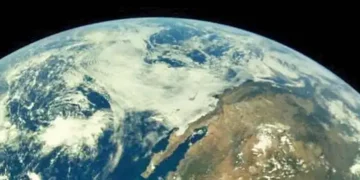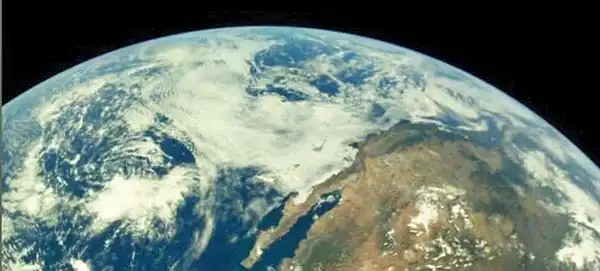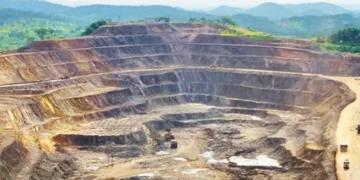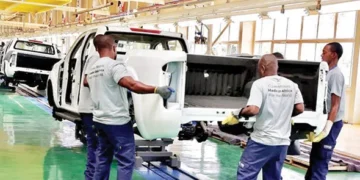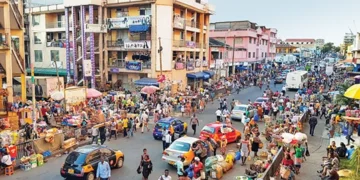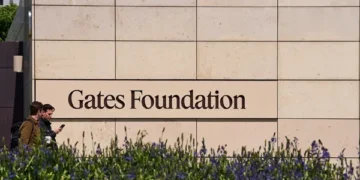Blitz Bureau
Progress on governance in Africa has ground to a halt as security and political rights deteriorate in many countries, according to the latest report by the Mo Ibrahim Foundation.
“Africa made great progress in the early decades of this century, but in the last 10 years we see that there has been very slow progress … and in the last five years things have started to stagnate and even deteriorate in some circumstances,” said the report filed by AFP and published by Hindustan Times. Ibrahim, 78, is a Sudanese-British billionaire who made a fortune in telecoms and ploughed it into monitoring and encouraging better governance across Africa.
His foundation’s twice-a-year report, published since 2007, is considered the most comprehensive overview of the topic, crunching data for 322 variables including public services, justice, corruption and security.
The latest report, said the AFP, found some progress in overall governance in 33 countries, home to just over half of Africa’s 1.5 billion people, over the past 10 years. But for the remaining 21 countries, “the situation is worse in 2023 than in 2014”, with many showing signs of sharp decline.
A steep improvement in Seychelles has seen it take over the top spot in the foundation’s overall ranking from another Indian Ocean island nation, Mauritius.
Several areas have seen widespread improvements, including infrastructure, women’s equality, health and education, albeit from low bases. But much of this is being undermined by falling scores for the rule of law, rights, political participation and, especially, security. Sudan, South Sudan and Ethiopia are among the countries to experience devastating conflicts in the past decade, while a spate of military coups across western and central Africa since 2021 have underlined the fragility of political progress.
Ibrahim says pandemic lockdowns and the global trend towards “strongman politics” may have emboldened autocrats.
But his biggest concern is the “financial strait-jacket” in which African countries are stuck thanks to heavy debt burdens and the high premiums that African countries must pay to access cash from global lenders.
